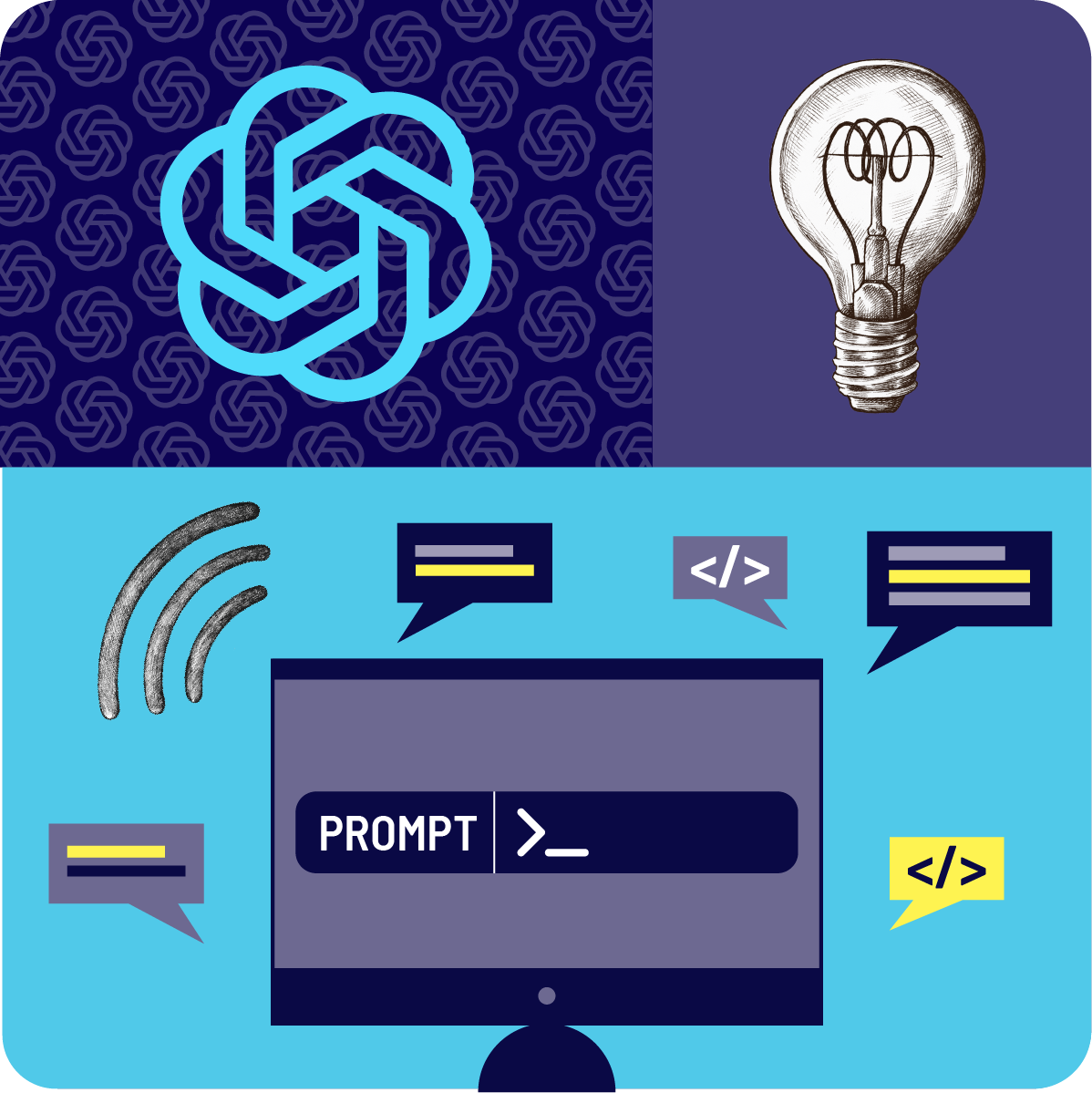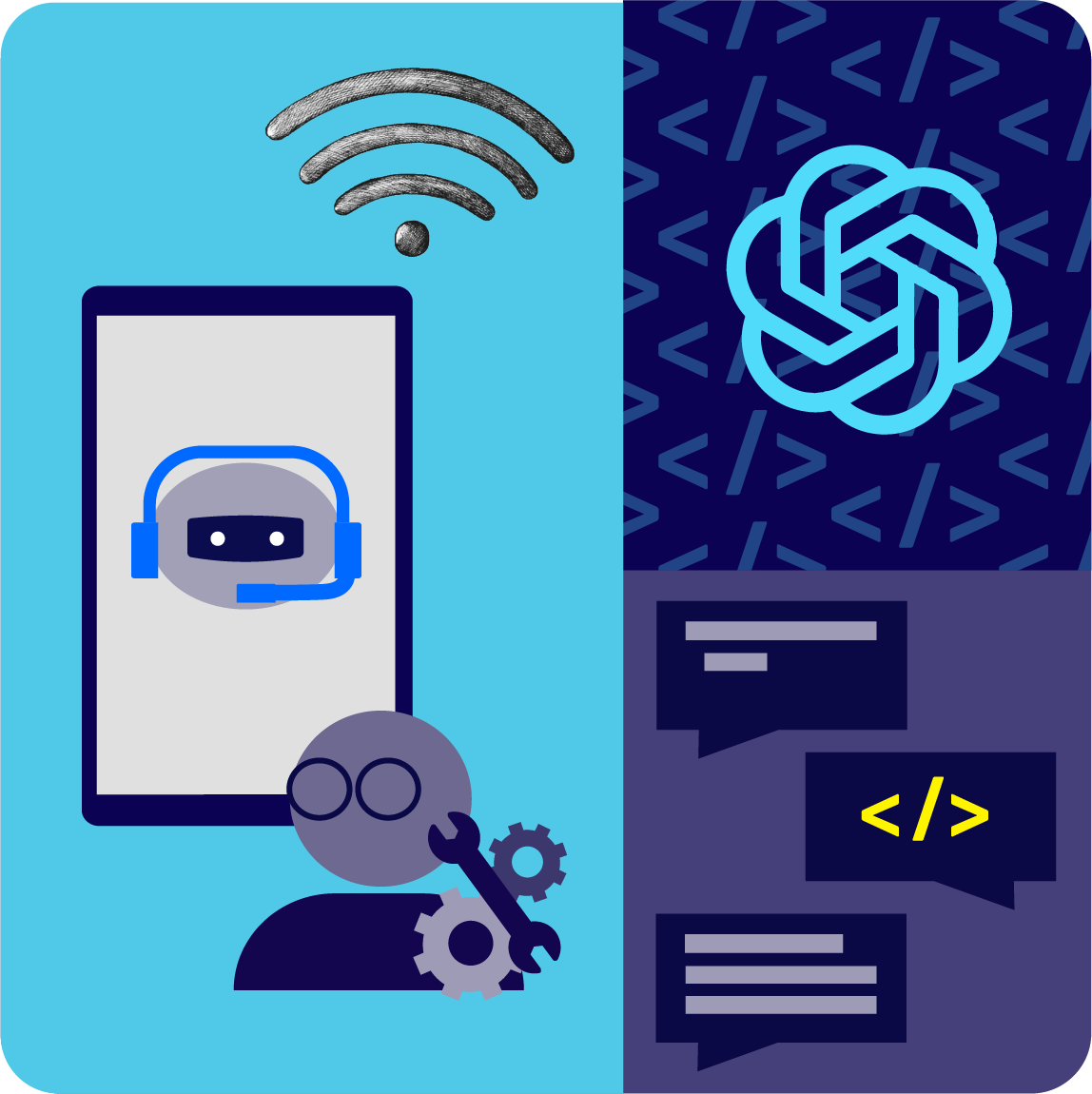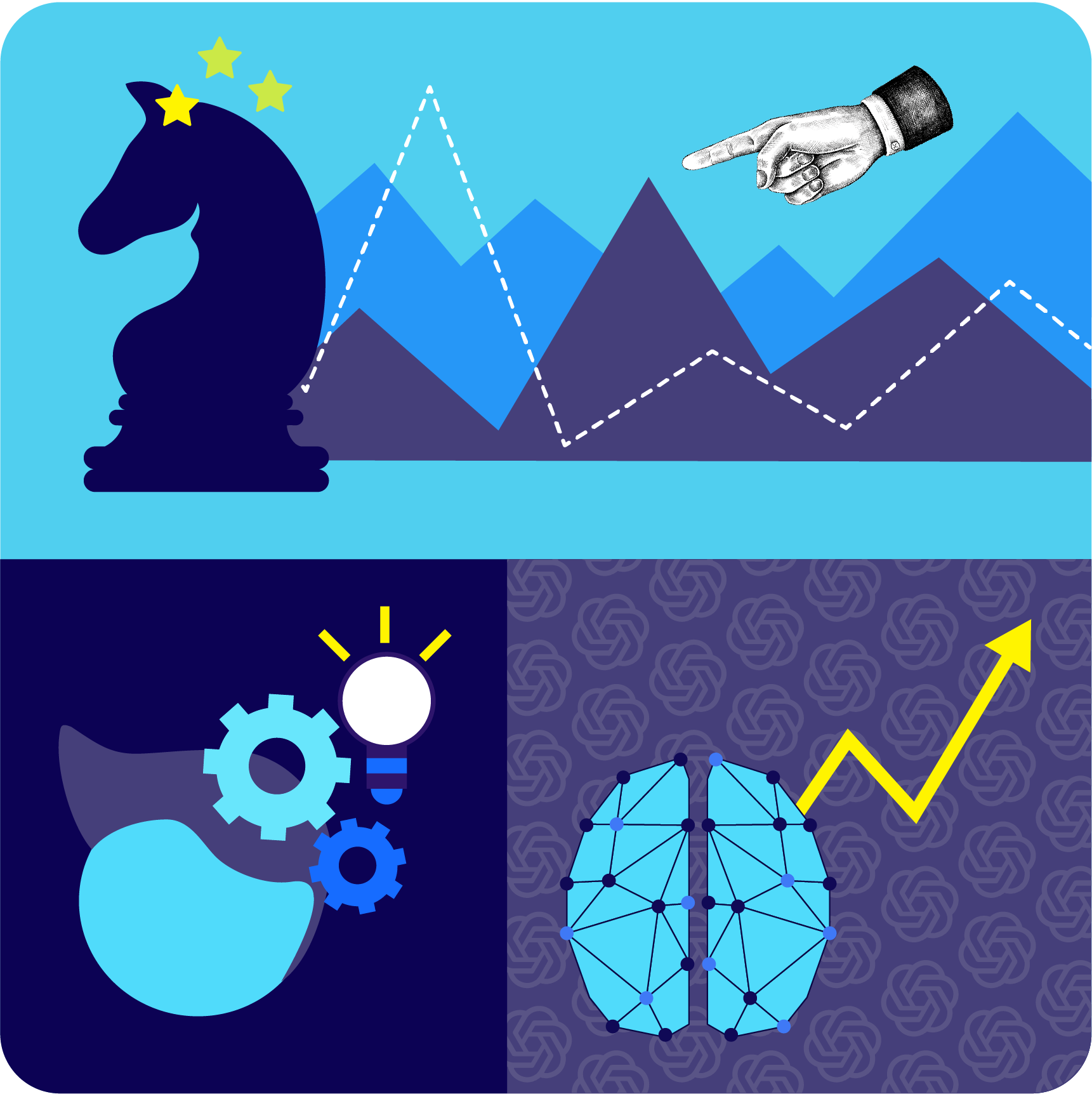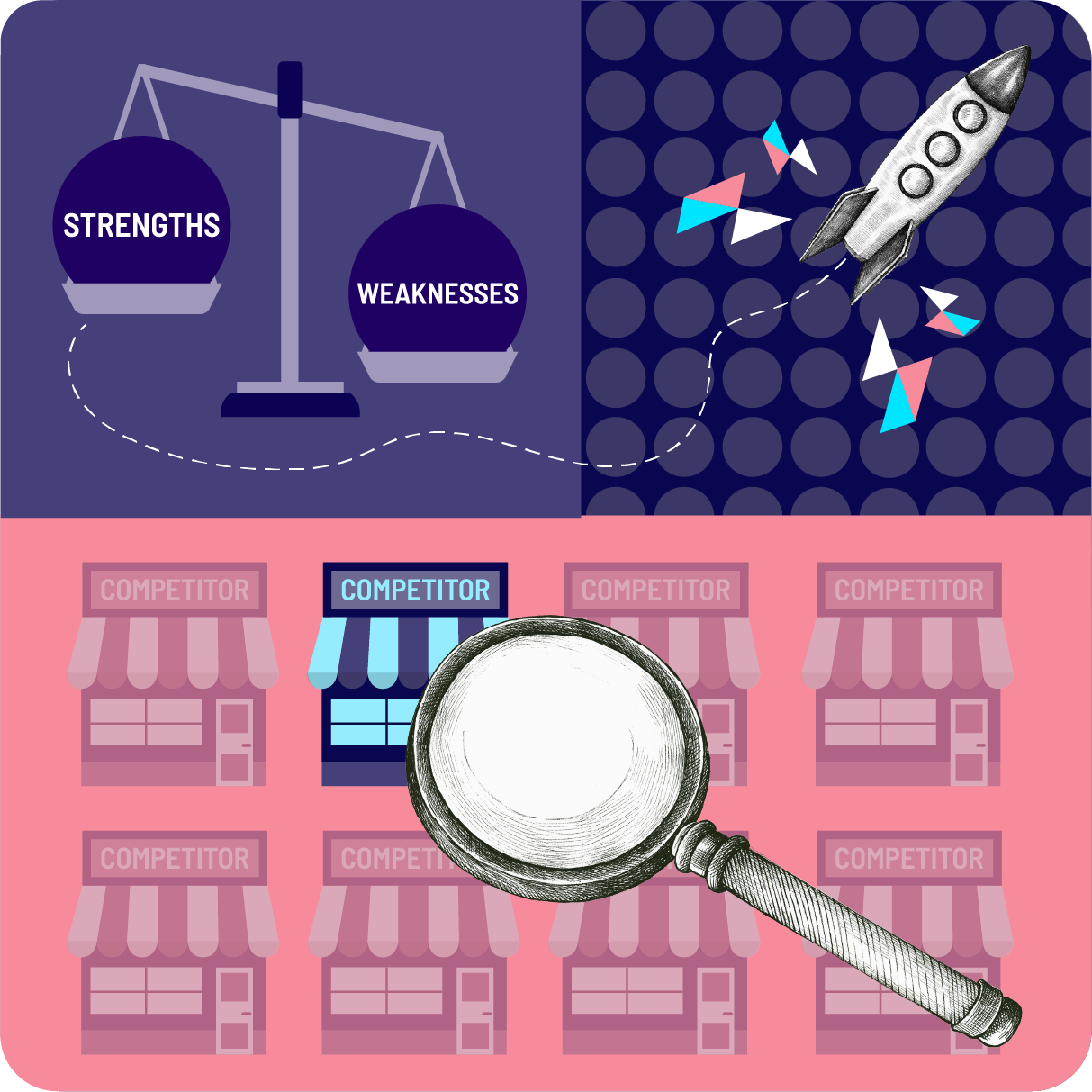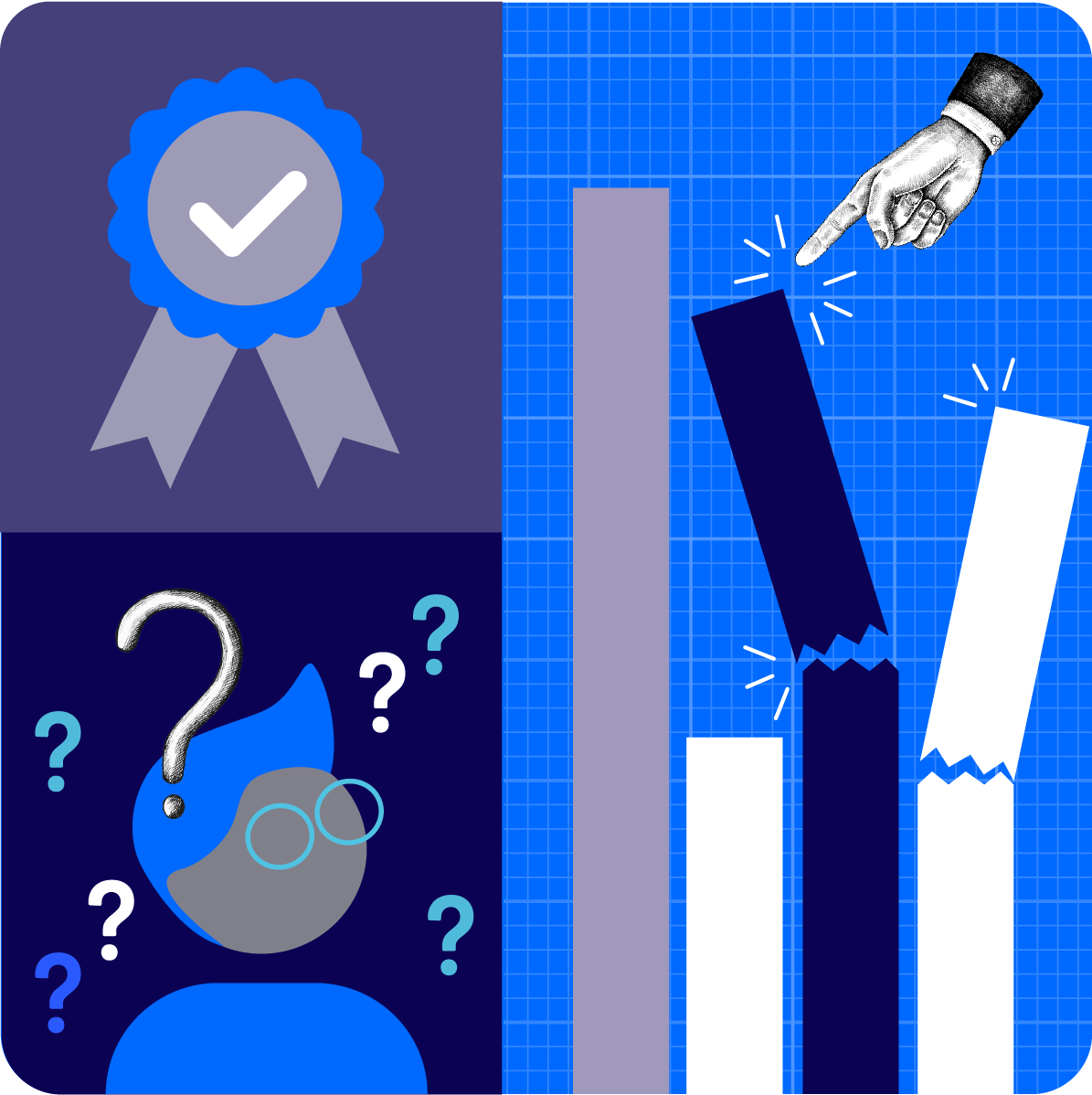Imagine a team where every member knows their strengths, weaknesses, and what they need to learn to reach their full potential. This is the power of skill mapping, a strategy becoming indispensable in our fast-paced work environment. With GenAI tools like ChatGPT and integration with workplace or performance management software, you’re just a few steps away from harnessing the power of becoming a skills-based organization.
👉 Connect with me on Linkedin to share ideas and feedback!
The Power of skill mapping in modern team
Why should you even consider mapping all the skills of your team members? It takes a lot of time, and one skill map can easily span across hundreds of rows in a spreadsheet. But then again, we see more and more studies arise showing the importance of becoming a skills-based organization. Here are some of the benefits they uncovered in a global Deloitte survey of more than 1,200 professionals:
- Create greater speed and agility, including speed to market
- Better respond to customers with the right skills accessible when the business needs them.
- Provide more opportunities for workers to grow through unique career experiences by applying their skills to different areas within Cargill
- Reduce variable costs by letting employees take on new projects and tasks instead of paying contractors or off-balance-sheet talent
- Better utilize the workforce by unlocking untapped capacity.
Skill mapping isn't just about understanding abilities; it's about aligning them with evolving market needs and staying agile in a competitive landscape.
Decreasing relevance of jobs
 Probably due to all these factors, the concept of a job itself is less relevant than before.Only 24% report they do the same work as others in their organization with the same job title and level.
Probably due to all these factors, the concept of a job itself is less relevant than before.Only 24% report they do the same work as others in their organization with the same job title and level.
Meanwhile, 81% of business executives say work is increasingly performed across functional boundaries.
Aligning team and business goals
Becoming a skills-based organization is not just a matter of mapping the skills in your teams and departments. It’s essential to align the skills you map to the business goals, behaviours and learning goals required to achieve real impact. Companies that do this effectively can expand their talent pool by as much as 10 times and recruit and staff projects faster with internal or external hiring efforts.

Skill definitions can be confusing
Although there are some universally accepted competency models for more mature skills, we see that their definitions are often outdated or the model is not updated with the latest skills that arise with new tech and business innovation. Therefore, we are left to our own expertise when it comes to defining these skill maps. As a result, we see three common issues arise that can be solved by using generative AI.
- Different Definitions of the Same Digital Skill:
Example: Data Analysis
Definition 1: The process of inspecting, cleaning, and transforming raw data to discover useful information, conclude, and support decision-making.
Definition 2: The act of using statistical and computational techniques to interpret data patterns and trends.
- Different Names or Labels Describing the Same Digital Skill
Design Thinking
Human-Entered Design
Customer-Centric Design
User Experience Design
- Trendy Customized Digital Skills or Job Titles Not Broadly Used
Digital Prophet: A title used to describe someone who predicts emerging trends in the digital landscape.
Chief Happiness Officer: While not strictly digital, this title is often found in tech companies and refers to someone responsible for employee well-being and corporate culture.
Innovation Sherpa: A guide for a company's innovation efforts, helping to navigate the complexities of new initiatives.
Generative AI provides an excellent solution for these three issues, since it synthesizes its recommendations from many references and prioritizes them based on frequency and relevance.
Crafting Skills and Learning Goals with GenAI
Rather than going through lengthy processes of interviewing employees, and experts in the field and reviewing job and project descriptions, we recommend using a bit of ChatGPT magic to get your first version set up in no time. By using the prompt included in our toolkit, you can easily create skills maps for any domain. Here’s what you need to have to get started:
- A description of your business, product, or team’s purpose.
- A list of projects you work on or intend to work on.
- One of the following:
A list of business outcomes, KPI’s or goals.
OR
A list of skills you intend to map out and develop.
 Then the only thing you need to do is replace the placeholders in the prompt, copy it into ChatGPT, and let the magic happen. After that, we recommend you tweak it by giving ChatGPT some feedback and eventually copy it over to your preferred tool of choice to present it to the team.
Then the only thing you need to do is replace the placeholders in the prompt, copy it into ChatGPT, and let the magic happen. After that, we recommend you tweak it by giving ChatGPT some feedback and eventually copy it over to your preferred tool of choice to present it to the team.
⚙️ Click here to download the toolkit
Presentation, Ideation, and Implementation
Next up, you need to present your skills map to your team. Using a collaborative tool such as Microsoft Online, Google Sheets or Miro you can collect feedback on each piece and use this to refine and validate the map. Next up, we need to cover the following steps:
- Map the skills alongside your team and determine the proficiency level.
- Based on the gaps, identify which ones are most prominent and which ones to start closing first.

You can use the spreadsheet in the toolkit to map your team's skills based on perception, but in case you want to use assessments to set the level, you can use a platform like Workera.
Integrating Skills Maps with Corporate Tools
Integrating your skills map with tools like Microsoft Viva or other workplace tools transforms it from a static document into a living strategy.
.gif?width=960&height=540&name=SkillsProfile_AddSkill%20v1%20(1).gif)
If you don’t have access to something like Microsoft Viva, you can use your project management tool to tag projects with skills that are needed and let employees follow these tags if they want to learn about them. Alternatively, you can let employees add skills to their profiles on Slack or projects in Jira/Trello/Atlassian, so others can see them on the go.
You now have the tools and knowledge to create a skills map that's not just a plan but a pathway to growth and success. Embrace these strategies, integrate them with your corporate environment, and watch your team evolve into a powerhouse of relevant, up-to-date skills.
👉 Connect with me on Linkedin to share ideas and feedback!
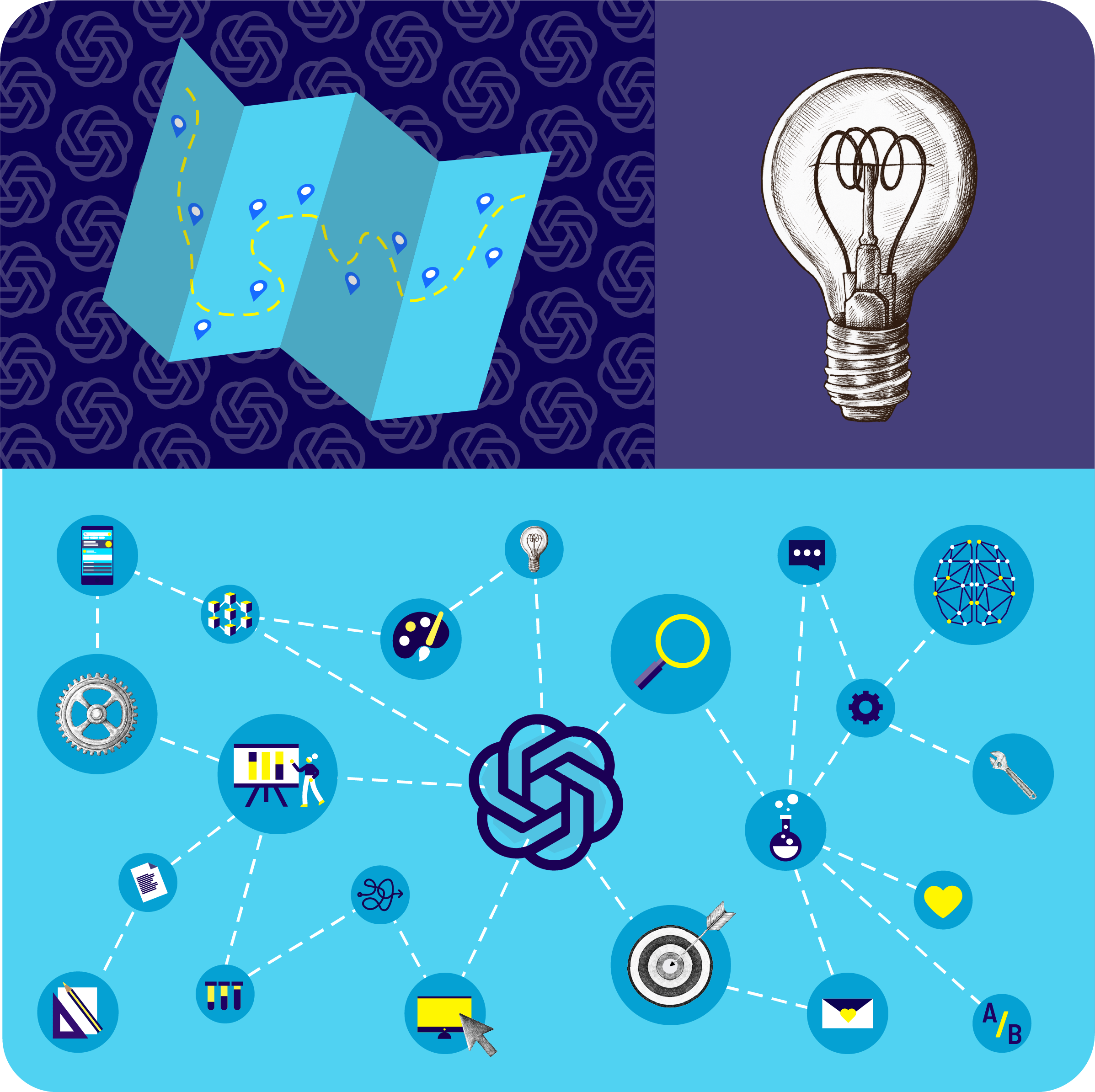



 Probably due to all these factors, the concept of a job itself is less relevant than before.Only 24% report they do the same work as others in their organization with the same job title and level.
Probably due to all these factors, the concept of a job itself is less relevant than before.Only 24% report they do the same work as others in their organization with the same job title and level. 
 Then the only thing you need to do is replace the placeholders in the prompt, copy it into ChatGPT, and let the magic happen. After that, we recommend you tweak it by giving ChatGPT some feedback and eventually copy it over to your preferred tool of choice to present it to the team.
Then the only thing you need to do is replace the placeholders in the prompt, copy it into ChatGPT, and let the magic happen. After that, we recommend you tweak it by giving ChatGPT some feedback and eventually copy it over to your preferred tool of choice to present it to the team.
.gif?width=960&height=540&name=SkillsProfile_AddSkill%20v1%20(1).gif)
